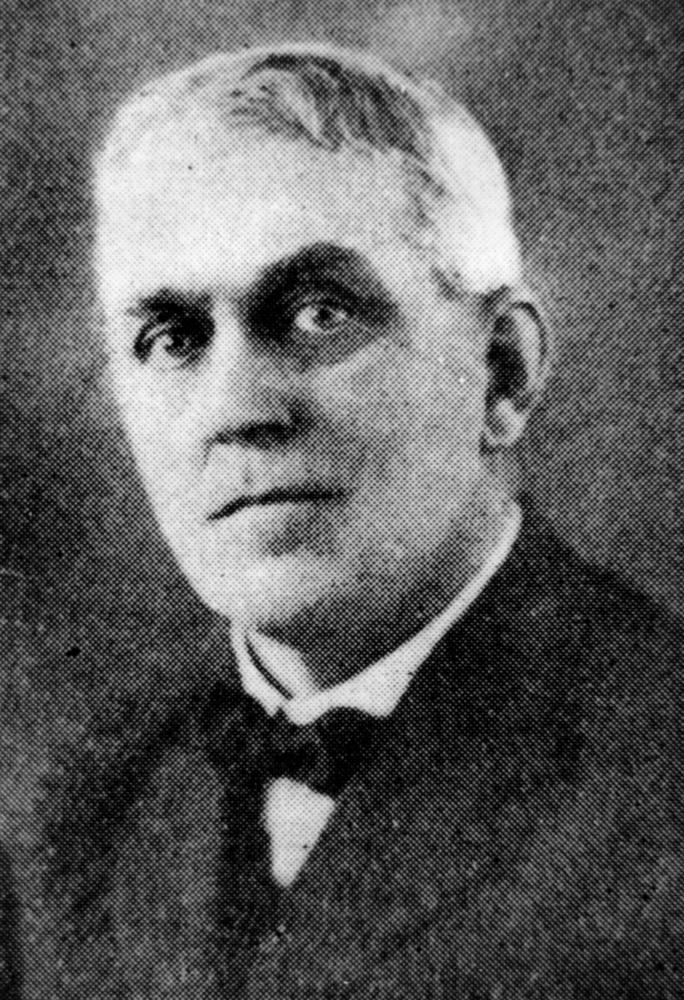- Arthur Edward Moore
Infobox Officeholder
honorific-prefix =
name = Arthur Edward Moore
honorific-suffix = CMG

imagesize =
small
caption =
order = 23rd
office = Premier of Queensland
term_start = 21 May 1929
term_end = 17 June 1932
vicepresident =
viceprimeminister =
deputy =
lieutenant =
monarch =
president =
primeminister =
governor =
predecessor =William McCormack
successor =William Forgan Smith
constituency =
majority =
birth_date = birth date|df=yes|1876|2|9
birth_place = Napier,New Zealand
death_date = death date and age|df=yes|1963|1|7|1876|2|9
death_place =Brisbane ,Queensland ,Australia
nationality =
party =Country and Progressive National Party
otherparty =
spouse =
relations =
children =
residence =
alma_mater =
occupation =
profession =
religion =
website =
footnotes =Arthur Edward Moore, CMG (9 February 1876 – 17 January 1963) was an
Australia n politician. He was theCountry and Progressive National Party Premier ofQueensland , from 1929 to 1932. He was the only Queensland Premier not to come from the ranks of the Labor Party between 1915 and 1957. Although successful in achieving the unity of the conservative forces in Queensland for an extended period, Moore's abilities were tested by the onset of theGreat Depression and like many other governments in Australia and elsewhere his was unable to endure the formidable challenges it posed.Early career
Moore was born in Napier,
New Zealand in 1876. His family moved to Australia when his father became a bank manager inMelbourne . The younger Moore arrived in Queensland in 1898, where he was awheat farmer on theDarling Downs and the owner of twocheese factories. He followed what was to be the standard National Party road to office for many years - a career in local government, becoming chairman of the Rosalie Shire Council and the president of the Queensland Local Authorities Association.Moore entered the
Queensland Legislative Assembly in 1915 representing the Farmers Union (a forerunner to the Country Party) in the seat of Aubigny. This election saw the defeat of the government ofDigby Denham and the election of the Labor government of Thomas J. Ryan. The non-Labor forces in Queensland were in a period of chronic disunity, with the Country Party coming into conflict with what was then known as the Liberal Party but would later also be called the Nationalist and then the United Party. Bitter strife within and between these various parties was a contributing factor to Labor's election victories in 1918, 1920, and 1923.Moore, who had been made Deputy Leader of the Opposition in 1920, was among those Country Party members who, suspicious of United Party motives, refused to join a proposed Country-United merger mooted in the January 1923. The feuding had begun to subside by 1924, when on 9 April Moore was elected Leader of the Opposition, and then in the next year the Country and United parties joined to form the Country Progressive Party, amid criticisms from members of the organisational wings of both former organisations. The Party changed its name in December 1925 to the Country Progressive National Party (CPNP). The CPNP gained sixteen seats in the elections of 1926 without winning government, and in 1929, amid threats of further division within the CPNP ranks, Moore won a large victory against
William McCormack , plagued with his own internal problems, to become Premier.The Moore government
Moore's government soon had to deal with the effects of the
Great Depression that was wreaking havoc on the economy throughout Australia. Moore responded by following a policy ofdeflation , limiting government expenditure and attempting to scale back wages and worker's entitlements. In order to assist the state's finances he implemented anincome tax , much to the chagrin of many supporters. His proposals for economic assistance to wool growers in 1931 met with opposition from banks and financial institutions. He also came under fire in 1931 when divisions in the CPNP's parliamentary party emerged over the restoration of the Legislative Council, abolished in 1921. Moore came under repeated attack from the conservative "Brisbane Courier."During his term, Moore also redrew the electoral boundaries, becoming one of the many Queensland premiers accused of
gerrymandering . The size of the Legislative Assembly was reduced from 72 to 62 seats, mainly accomplished by the abolition of sitting Labor members' seats.In 1932 Moore instituted a
Royal Commission to investigate former Labor Premier E.G. Theodore over his alleged corruption in what was known as theMungana affair . Moore was accused by many in the Labor movement of orchestrating the Commission's activities in such a way as to deal maximum political damage to the Scullin federal government. The elections of that year confirmed his party's loss of standing with the onset of the Great Depression, as well as continued internal bickering. The CPNP was defeated by Labor underWilliam Forgan Smith .After defeat
Moore kept the CPNP together as leader until the disastrous defeat of 1935, where it won sixteen out of 62 seats. In the aftermath the Queensland Country Party was formed in March 1936 and subsequently accepted most of the rural members of the CPNP. The Queensland Country Party insisted on Moore's resignation as leader and he was replaced by E. B. Maher. He remained on the opposition front bench until his retirement in 1941.
Further reading
*Costar, Brian. "Arthur Edward Moore: Odd Man In". In Murphy D, Joyce R, Cribb M, and Wear, R (Ed.), "The Premiers of Queensland" pp. 184-206. Brisbane: University of Queensland Press. ISBN 0-7022-3173-8.
Wikimedia Foundation. 2010.
